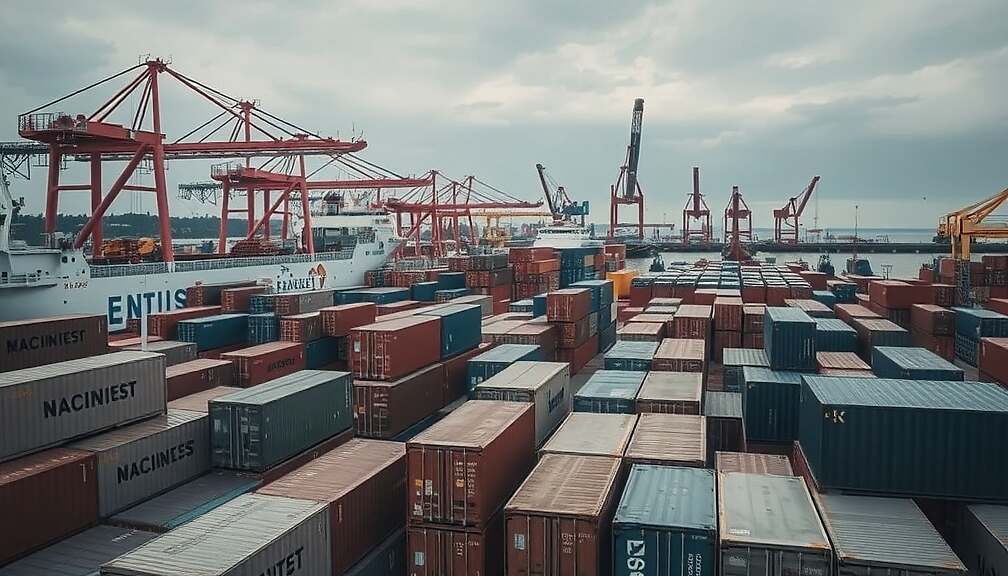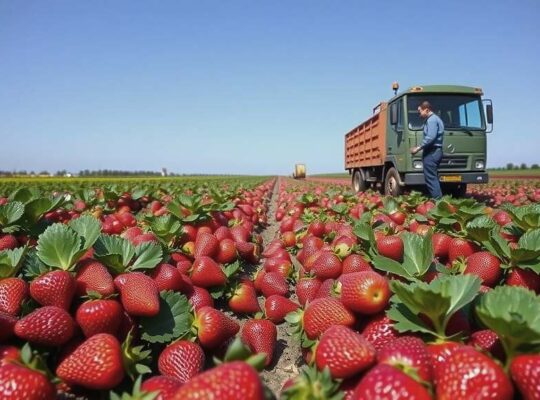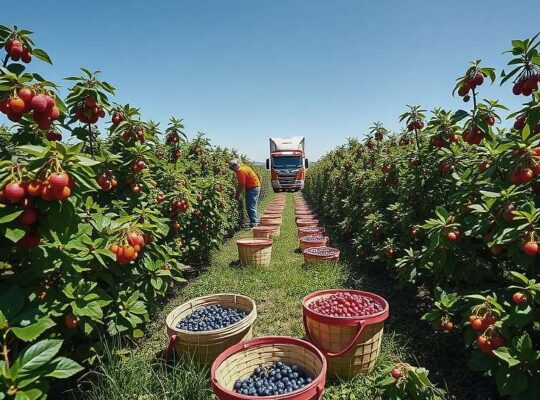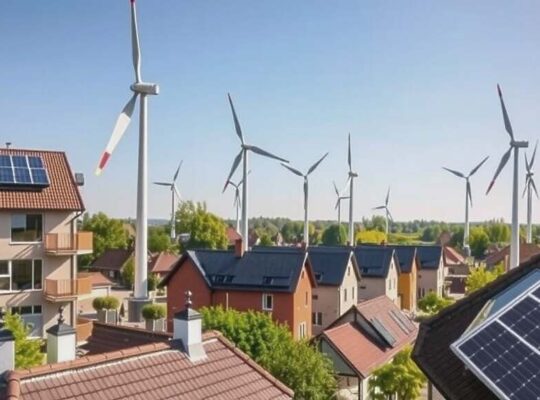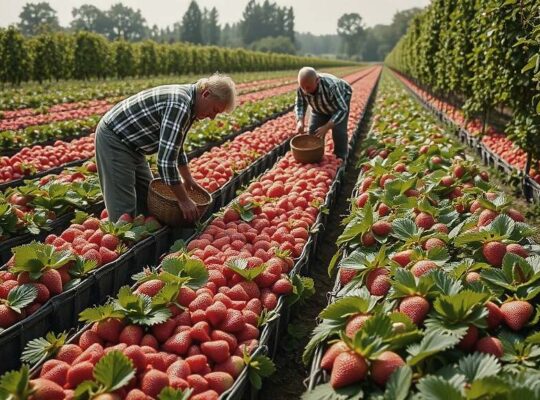Germany’s noodle imports have surged to a record high in 2024, sparking questions about domestic production reliance and potential economic vulnerabilities. New data released by the Federal Statistical Office (Destatis) reveals imports reached nearly 469,700 tons, valued at approximately €646.6 million. This represents a substantial 9.1% increase compared to 2023 (430,600 tons) and a 25.9% rise over the past decade (372,900 tons in 2014).
The overwhelming majority – 86% – of these noodles originate from Italy, demonstrating a significant and potentially precarious dependence on a single trading partner. Austria accounts for a distant second at 3.6%, followed by Turkey at 1.5%. While German noodle exports increased by 12.6% year-on-year to 108,200 tons (€168.5 million), the persistent trade imbalance remains a point of concern, highlighting a growing deficit in this specific food sector. Key export destinations include France, the United Kingdom and Poland.
The data also reveals a deepening chasm between German noodle consumption and domestic production. While German manufacturers produced 289,800 tons in 2024, an 8.7% increase on 2014, this figure remains comfortably below the total volume consumed, which is bolstered by substantial imports. The rise in domestic production is largely attributed to the burgeoning vegan trend, with egg-free noodle manufacturing now exceeding that of traditional egg-containing varieties – a shift reflecting evolving consumer preferences and potentially impacting established agricultural practices.
Critics are now questioning the long-term implications of such heavy reliance on foreign noodle supplies. Economists suggest that the current situation exposes vulnerabilities to disruptions in international trade, currency fluctuations and potential geopolitical instability impacting Italy and other key import sources. Calls are mounting for the government to reconsider trade policies and actively support domestic noodle producers to reduce dependency and bolster national food security. The trend towards egg-free production, while catering to vegan demands, further complicates the situation, potentially impacting the demand for and viability of, traditional egg suppliers.


